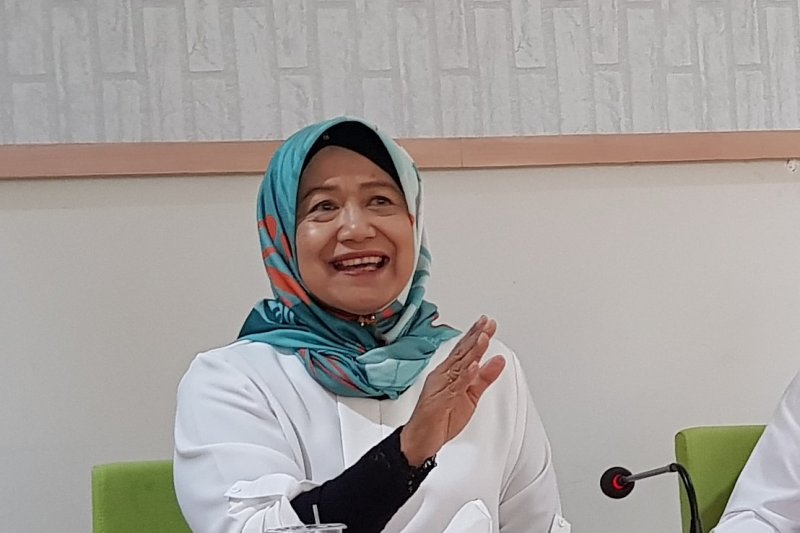ID :
537406
Mon, 07/08/2019 - 18:50
Auther :
Shortlink :
https://www.oananews.org//node/537406
The shortlink copeid
Indonesian Varsities Can Cooperate With India, Germany

Jakarta, July 8 (ANTARA) - The Higher Education Service Institution (LLDIKTI) for Jakarta is initiating international cooperation with several universities abroad including those in India, Japan and Germany.
"Since 2018, LLDIKTI Region III (for Jakarta area) has initiated international cooperation, especially with Indian, Japanese and German universities because they excel in certain aspects," said Head of LLDIKTI Region III, Dr. Illah Sailah at a discussion with journalists here Monday.
Research activities at Indian universities were very extensive with a large number of scientific books and publications produced by lecturers, Illah explained.
"In addition, Indian universities have a system that is similar to Indonesia, so we can share that with each other," she added.
The cooperation with Japanese universities is considered to have potential and be advantageous for Indonesia because the field of engineering in Japan is very advanced.
"The engineering field in Japan is very strong. In addition, they have also implemented an education system that does not recognize any ranking system. And they maintain this system as part of their identity," Illah said.
Meanwhile, cooperation with German universities, according to her, continues to be sought to increase and expand because the world of higher education in the western European country is very concerned about the labor market in accordance with its industrial needs.
Uzbekistan was also the target of international cooperation because as a country with a much smaller population (33 million people) than that of Indonesia, it has many universities, and is very eager to build cooperation with their partners in Indonesia, Illah further explained.
"Many good quality universities in Uzbekistan want to work with us. This international cooperation provides a great value for university accreditation," she said, adding that this kind of cooperation could be in the form of dual degree and joint research for students and lecturers.
Now, it is a matter of pride for a higher education institution when it is can accept foreign students and send lecturers to teach at universities abroad, she stressed.
At present, there are 316 colleges in the LLDIKTI III working area. Of these, 133 higher education institutions have received institutional accreditation, consisting of 12 with accreditation A, 65 with accreditation B, and 56 with accreditation C.
Meanwhile, of the 1,808 study programs, 64 percent or 1,157 won accreditation B.





